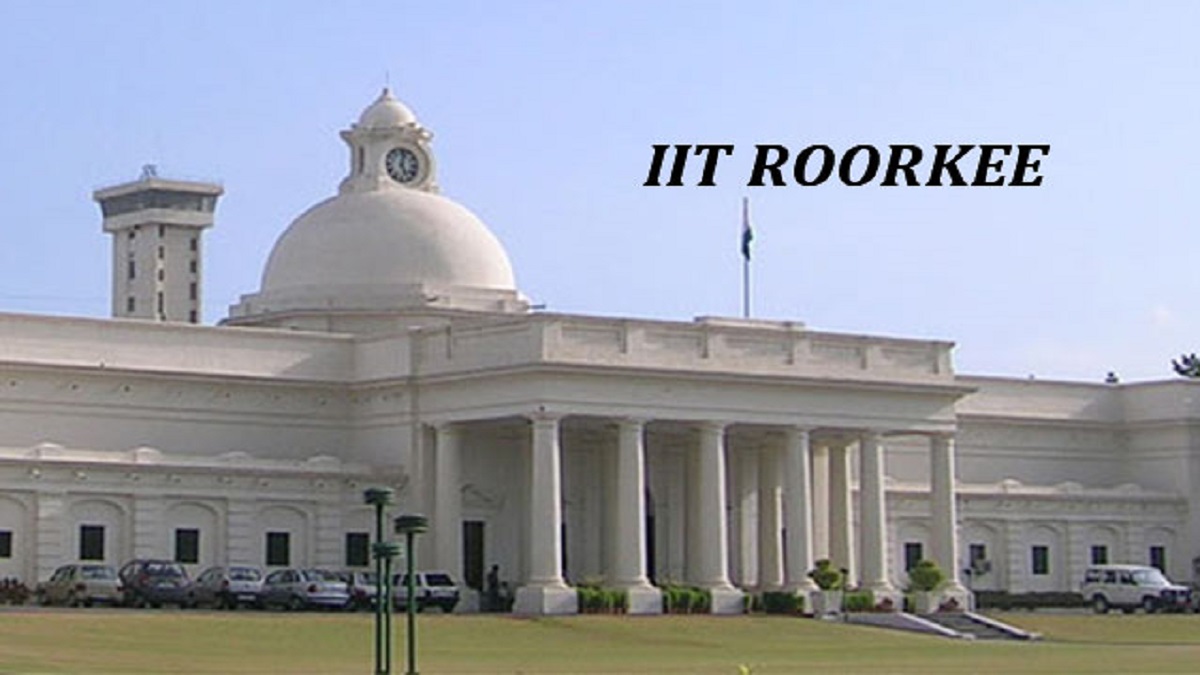IIT Roorkee working on sustainable technologies to tackle plastic, e-waste
The researchers have developed e-waste recycling processes that are in accordance with Indian ‘Smart Cities’ and ‘Swachh Bharat Abhiyan’ initiatives via a zero-waste discharge concept.
A research group headed by Prof KK Pant, Director, Indian Institute of Technology (IIT) Roorkee, is working on the development of sustainable technology to tackle the ever-growing menace of plastic waste and e-waste along with the generation of wealth via a zero-waste discharge concept.
The researchers have developed e-waste recycling processes that are in accordance with Indian ‘Smart Cities’ and ‘Swachh Bharat Abhiyan’ initiatives via a zero-waste discharge concept. The adopted methodology is divided into two steps: pyrolysis of e-waste and separation of metal fraction, and individual recovery of metals.
Prof Pant, said, “It is important to develop sustainable processes to handle plastic and e-waste, which are being generated in huge quantities in India, especially with the exponential increase in the use of electronic devices. If such processes are not developed and implemented across the country at the earliest, the e-waste could lead to long-term ecological and environmental degradation.”
The research group is working on several initiatives on ‘circular economy’, a model of production and consumption, which involves utilising and recycling existing materials and products as long as possible.
Research on e-waste processing
Initially, e-waste was shredded and pyrolyzed to convert e-waste plastic into liquid and gaseous fuels. Furthermore, metal fraction and char were separated using a novel separation process - ultrasonication. The efficiency of metal fraction recovery was around 90-95 per cent.
Based on the lab-scale experiment results, a 10 kg/h continuously operated pyrolysis pilot plant has been designed. The gaseous and liquid fuel obtained from the pilot plant has a calorific value of 28 MJ/kg and 30 MJ/kg, respectively. H2 and CH4 are the major components of the gaseous product obtained from the pilot plant. In the next step, the obtained metal fraction was treated in various methods for extraction of various critical metals like Cu, Ni, Pb, Zn, Ag, and Au and more than 90 per cent of these metals were efficiently leached with help of these processes. Moreover, for individual separation of metals precipitation, electro-deposition, and cementation techniques were employed.
Research on plastic waste
In the case of plastic waste, the IIT Roorkee researchers focused on developing an integrated waste management approach involving the efficient use of waste polymer materials for the production of liquid range hydrocarbons using catalytic cracking. The developed two-step approach leads to the 100 per cent conversion of waste plastic into value-added products comprising 75 per cent liquids, and approximately 25 per cent of the gas fraction.
The results obtained suggest that the carbon chain length was narrowed to C5-C28 majorly when the metal-based zeolite catalysts were employed, indicating that the obtained liquids are fuel-like products.
Read more:
Follow Shiksha.com for latest education news in detail on Exam Results, Dates, Admit Cards, & Schedules, Colleges & Universities news related to Admissions & Courses, Board exams, Scholarships, Careers, Education Events, New education policies & Regulations.
To get in touch with Shiksha news team, please write to us at news@shiksha.com


Comments